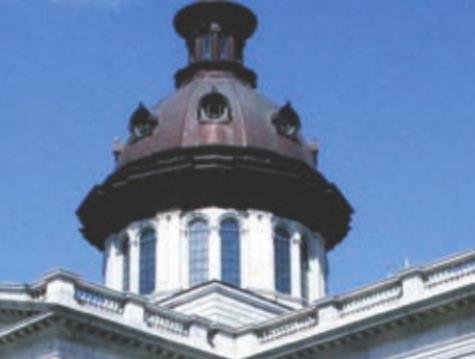Officials refuse to reveal public records
How do we know companies live up to their agreements?
SC companies receiving millions in incentives must submit payroll and property tax records.
That’s the contention of Commerce Department officials who say they verify new jobs and investments.
…
This item is available in full to subscribers.
Subscribe to continue reading. Already a subscriber? Sign in
Get 50% of all subscriptions for a limited time. Subscribe today.
Please log in to continueNeed an account?
|
Officials refuse to reveal public records
How do we know companies live up to their agreements?
SC companies receiving millions in incentives must submit payroll and property tax records.
That’s the contention of Commerce Department officials who say they verify new jobs and investments.
But when we asked in 2013 for job-creation reports for an expansion of BMW in Greer, the agency declined to provide them.
The reason? It was considered “confidential taxpayer information,” a Commerce spokeswoman said.
Asked how many jobs BMW will create, she said, “On all employment figures, I’ll defer to the company.”
Departments of Commerce and Revenue officials over the years have declined our requests for job development credits, the rebates of part of employee wage withholdings claimed by companies under their incentives agreements.
It’s a major tax break with a total of more than $678 million in claimed credits statewide from fiscal 2011 through last fiscal year.
In refusing to release details about job development credits claimed by companies, officials cite a state law banning the public release of taxpayer records, though that law doesn’t list the section dealing with credits.
Under state law, the Coordinating Council for Economic Development must certify to revenue officials that a company has met minimum job creation and investment requirements to claim tax credits.
The law requires those businesses to make their “payroll books and records available for inspection.”
In 2018, we reported that 14 companies had repaid nearly $7 million in state grants since 2015, including 4 companies that closed plants receiving the funds.
The LAC found that the CCED could have clawed back nearly $17 million in incentives from Jan. 1, 2009 through Sept. 30, 2019 but because of the council’s “ability to waive or reduce repayment amounts,” the overall repayment fell to $9.2 million, of which $7.8 million had been repaid as of Feb. 21 this year.
Brundrett is the news editor of The Nerve. Contact him at 803-254-4411 or rick@thenerve.org.
Other items that may interest you







Comments
No comments on this item Please log in to comment by clicking here